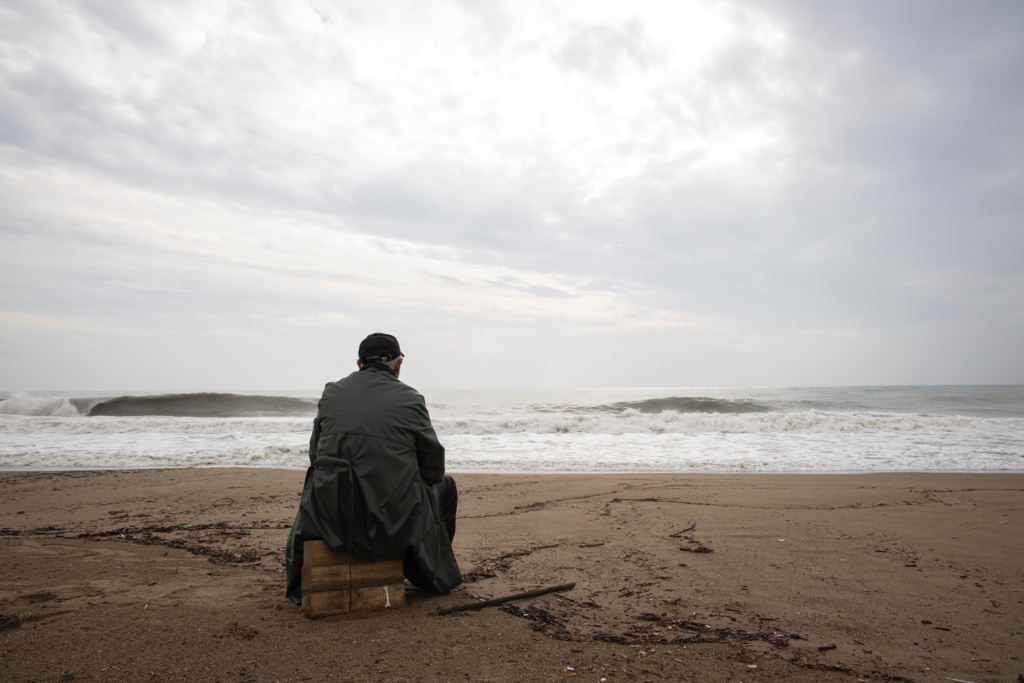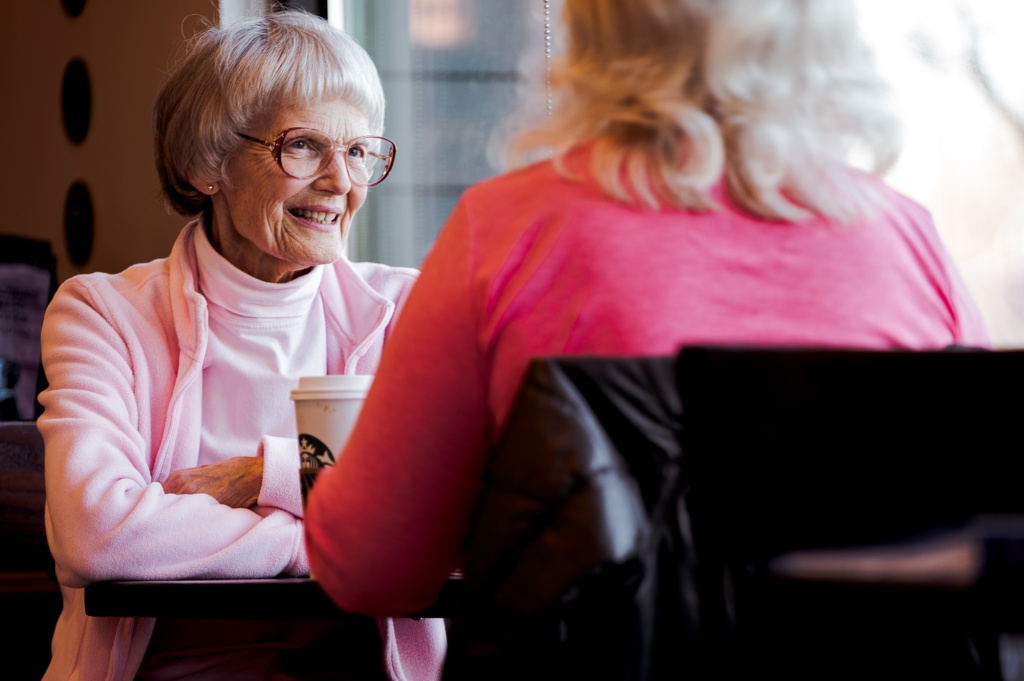Members of the Aging Coalition of Door County recently met in Sister Bay for a panel to review how they serve the community and more specifically, how they help older adults be social and engage in the community.
After the panel session, we continued to discuss the barriers to get older people out to socialize, agreeing that often it’s the person’s reluctance to do so, whether it be because unfamiliarity of the transportation options, the event place, or just some level of “shyness”. This conversation brought me back to an article I read about a recent study published in Psychological Science that suggests that when it comes to their brains processing information, people who are not lonely are all alike, but every lonely person processes the world in their own, personal way.
So what does this mean? Let’s imagine a group of older adults who are all part of a club. They get together to play games, chat, and have fun. These older adults might have similar ways of enjoying their time together, like playing card games and sharing stories. That’s how non-lonely older individuals process their leisure time – they do similar activities together.
Now, let’s think about an older person who doesn’t have people to hang out with. They might have their own unique way of spending their free time, like gardening or painting by themselves. Keep in mind that doing things solo or not having many friends does not make a person lonely. It’s the disconnection from others that creates these feelings. This disconnect can stem from varied sources. We touched on this in a previous blog, see https://dogooddoorcounty.org/why-being-social-is-so-important/.
Here’s what research found: loneliness affects how our minds work, but it’s different for each person. Just like everyone in the club has their own way of spending time together, loneliness might make one person feel really sad and another person feel a bit grumpy.
In short, the study found that lonely older people don’t all think or feel the same way. They have their own special ways of dealing with loneliness, and it can affect their thoughts and feelings, and how they view the world in different ways.

So what do you do with this information? Overcoming loneliness can be challenging but definitely achievable. There are approaches that a person can implement as well as ways in which others can offer support.
For those experiencing loneliness, it’s essential to start by acknowledging and accepting your feelings without judgment. Taking small steps, such as reaching out to friends, family, or acquaintances, can help in reconnecting with others. Joining clubs, classes, or groups related to personal interests, volunteering, or engaging in online communities centered on hobbies can also provide opportunities to forge new connections. If loneliness becomes overwhelming, seeking professional help from a therapist is a valuable option, as they can offer tailored support and strategies.
For friends and family of someone experiencing loneliness, being available and offering a listening ear is crucial. Consistently initiating contact and inviting the person to join in activities or gatherings can help them feel less isolated. Encouraging them to pursue their interests and respecting their pace in social re-engagement is important. If the person’s loneliness appears detrimental to their well-being, suggesting professional help is a supportive step.

The Aging Coalition of Door County members came to a similar conclusion…that the best way to help a lonely or isolated person is to encourage them and perhaps connect them with a “buddy”. Ideally, this is someone who has similar interests, a desire to reach out, and an understanding that each person deals with their loneliness differently.
So what does this look like? Being a “buddy” for an older person who’s feeling lonely and likes the same things you do is about being a good friend. You can start by reaching out to them through a call, card, or email, showing that you want to spend time together. When you’re together, listen to what they have to say and do things they enjoy, like going for walks or playing games.
Respect how often they want to meet or chat. Be patient and helpful, offering assistance with tasks like shopping if they need it. If they’re open to it, suggest places or events where they can meet new people. Keep checking in on them regularly and respect their privacy by not pushing them to share things they don’t want to.
Most importantly, be there for them emotionally, offering comfort and understanding. Being their buddy can make them feel less lonely and more connected, ultimately moving them from a place of feeling different from everyone else to one who feels connected to others and their community.
And everyone in the Aging Coalition agrees: Door County is a great community!


I feel this article enhances the importance of an organization like Cycling Without Age Door County. We provide an avenue of connection through our volunteer pilots who are invested in the experience they provide. People can bring a friend or relative and enjoy time together out on the beautiful roads of Peninsula State Park or along the Ahnapee Trail chatting, storytelling, and building relationships. What a great way to foster companionship and combat loneliness!
Cycling Without Age Door County gets it too!